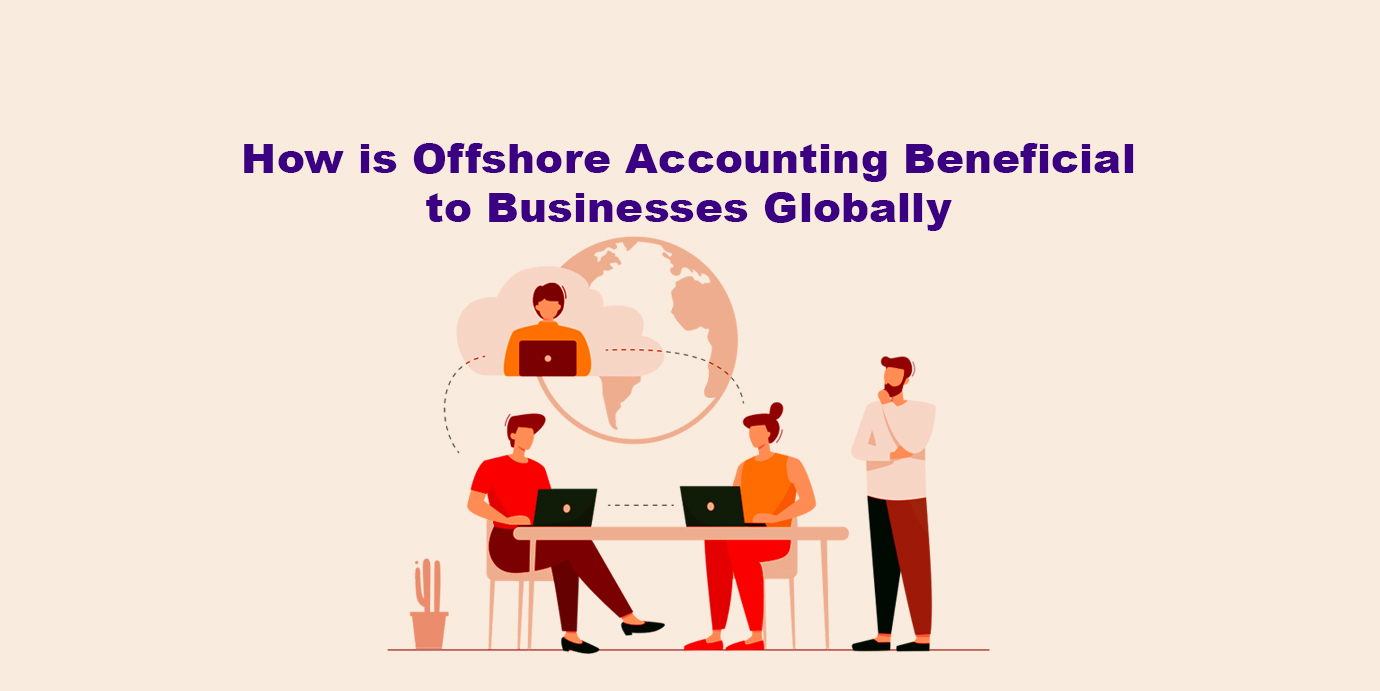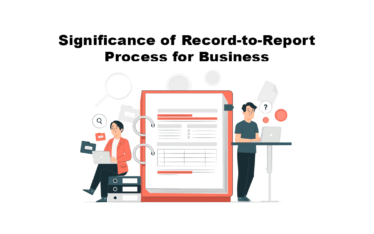Accounting is an essential part of running a business, whether big or small. It is the process and method of recording, analyzing, summarizing, and extracting reports of the transactions of an organization or a company. Accounting the company’s transactions makes the financial dealings easy and transparent to track and understand. It helps all the stakeholders to easily understand the transactions, cash flows and financial performance of the company. As an entrepreneur, you need insights of all your financial information while making business decisions. Maintaining all financial records accurately and up-to-date is critical in keeping your company up and running.
Considering the above given facts, you need people with the right skills and experience to handle your finance and accounting. Rather than hiring novice accounting staff with subpar capabilities, offshoring accounting professionals may prove itself to be a better option. Offshore accounting services is amongst the most offshored roles today, next to IT services. More and more companies are choosing to offshore their accounting roles, as it is more viable, cost effective, and efficient.
Offshore accounting refers to contracting out a portion or portions of your accounting processes to a third-party service provider. Offshoring is a type of outsourcing practice wherein your service provider is in another country, far away from your geographical location.
Offshoring or delegating your accounting processes to professionals from another country can bring following benefits to your organization:
Saves Time
- It lets you concentrate on your business that is more important.
- It gives you benefit of time difference.
- It saves time in training your employees.
- It saves your time in the hiring process.
Saves Money
- It frees up internal resources and lower operational costs.
- It gives access to better talent at low cost.
- It saves money on software and hardware.
- It saves money on skills training.
Improves Productivity
- Real-time data access.
- Re-assign employees to higher-value tasks.
- Time zone advantage.
- It improves quality of accounts.
What roles can you outsource?
Deciding which accounting processes to offshore will mainly depend on your types of need and requirements. Here is the list of different types of accounting roles you can offshore:
Accounting that may include:
- Bookkeeping and MIS Reporting (Record to Report)
- Accounting on QuickBooks / Xero / any other platform
- Preparing Financial Statements / Reports
- Accounts Payable Management (Procure to Pay)
- Accounts Receivable Management (Order to Cash)
- Data Extraction and Analysis
Reconciliations that may include:
- Bank Reconciliation
- Credit Card Reconciliation
- Payroll Reconciliation
- E-Commerce Reconciliation
- Income Reconciliation
- Customer & Vendor Reconciliation
Tax related jobs:
- Sales Tax Compilation/Filing
- Payroll Taxes
- Annual Tax Preparation
Below mentioned are some tips to consider before offshoring your accounting:
- Set clear goals and objectives.
- Evaluate your progress and performances.
- Plan your fee model (Fixed Cost / Dedicated Resource / Transaction Based fee).
- Ensure all your data is protected.
- Choose the right offshore accounting service provider.
India has recently emerged as a major hub for offshore accounting services. The country controls a sizable portion of the international Knowledge Process Outsourcing (KPO) market and is the preferred destination over its competitors. Note that many CPA’s & accounting firms in Europe, the United States & other countries outsource accounting & bookkeeping functions to India.
All the organizations have compliance, payroll and reporting requirements. Offshoring is a great option, whether for a 5 or a 500-employee organization. So, the sooner you start, the faster you’ll reap the rewards!





